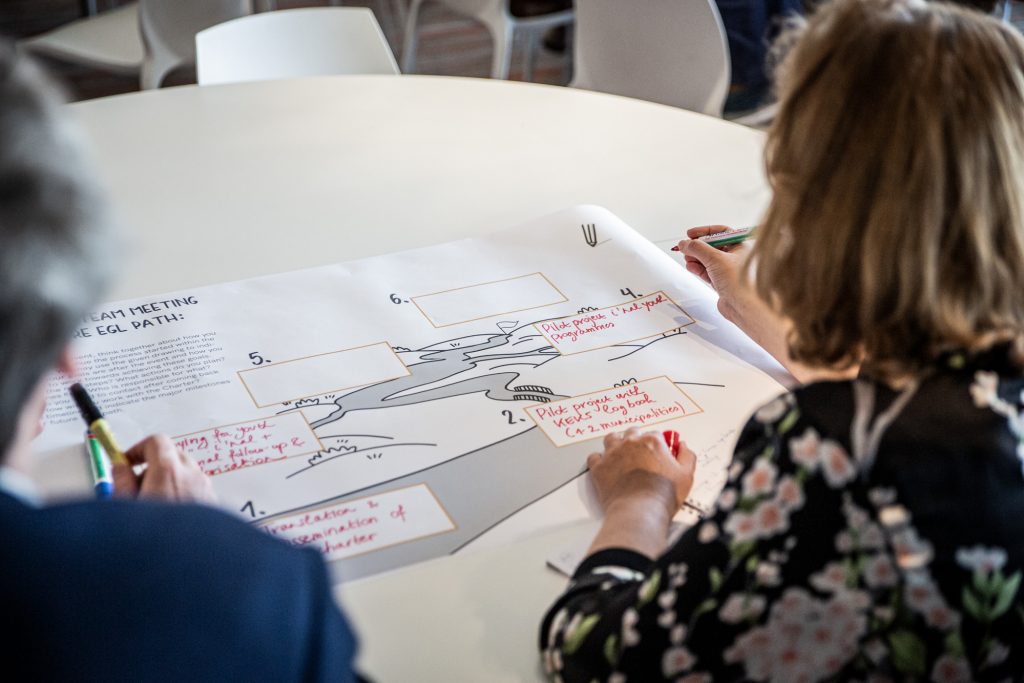I’m changing Europe!
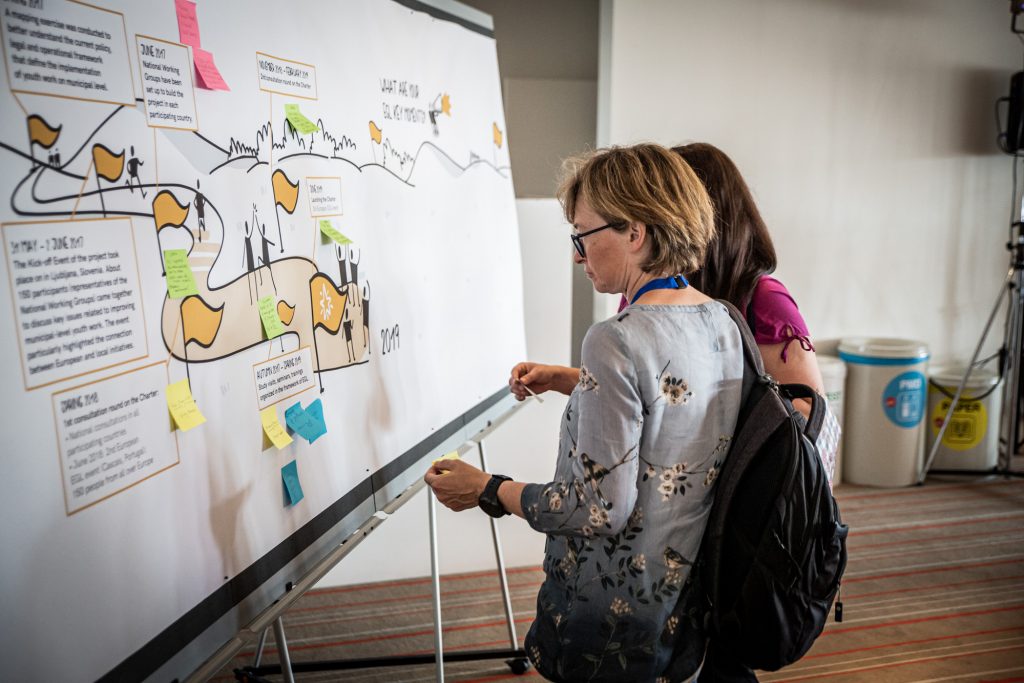
Europe Goes Local became a platform by now which offers several opportunities for cooperation, learning and development in local youth work. The actions and activities take place in various contexts from the European to the local level. In the coming months, we will introduce the aims, objectives and current plans of the project. As the first piece, we start with an overview of the European level that we asked Judit Balogh, EGL’s Project Coordinator about. We discussed with her about the scope and impact of EGL, its milestones and unique approach to local youth work. Judit talks about EGL’s achievements and what is in store for the future of EGL.
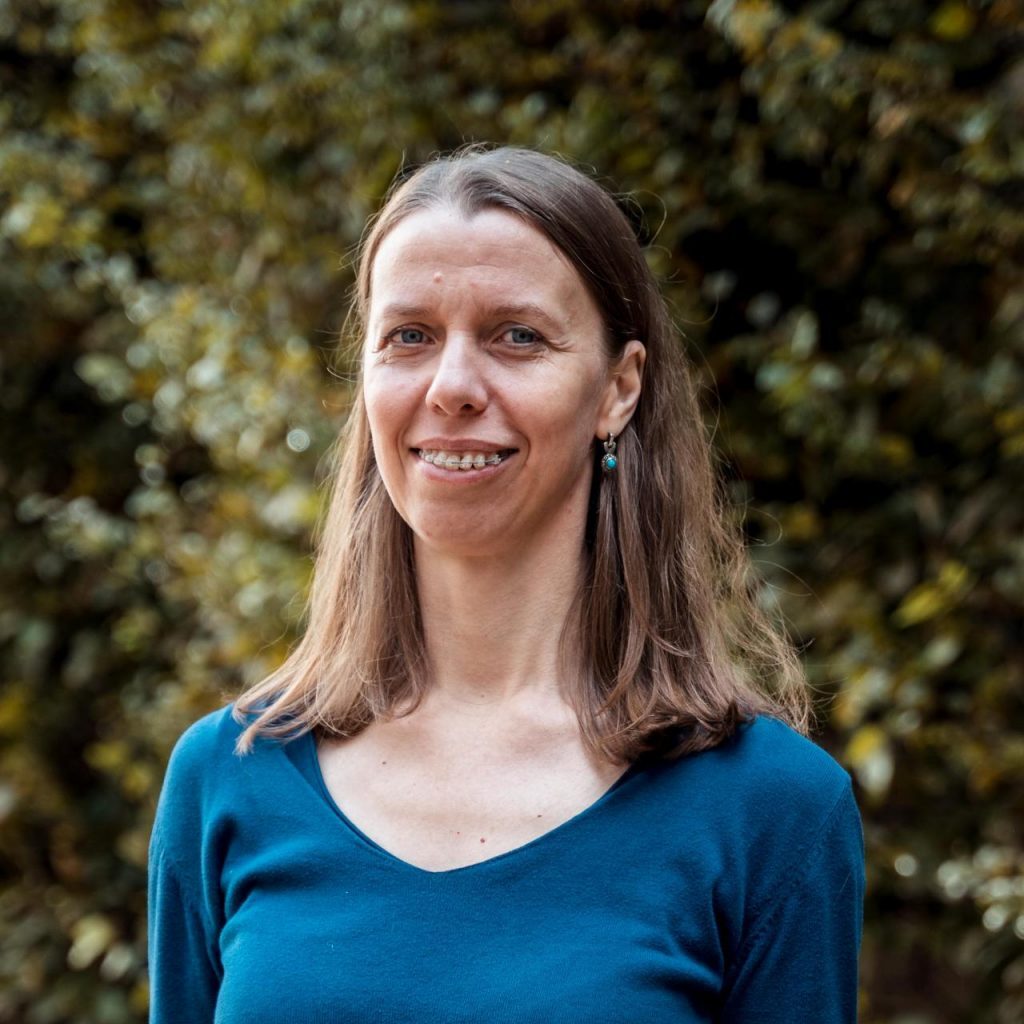
Q: How far along has EGL come in the past three years since its launch?
JB: The Europe Goes Local (EGL) strategic cooperation marked the completion of its first three years with a conference held in Brussels in June 2019. The event was an essential milestone in the project life-cycle as it celebrated the launch of the European Charter on Local Youth Work and kicked off a new project phase.
Some key highlights and results that EGL achieved in its initial three-year period since its launch in 2016 include: a European-wide network of 24 countries, 200 municipalities and organizations active in local youth work. Each member country formed an EGL National Working Group (NWG) the purpose of which was to bring together key stakeholders of municipal-level youth work with the coordination of the Erasmus+ National Agencies (NAs).
The NWGs work to develop action plans aimed at increasing the quality of local youth work. These action plans include strategic planning processes, mentoring, international study visits, seminars and training activities. During these three years, network members took part in various learning and networking activities that were specifically designed for the municipal context.
At the European level, the project organized three conferences with the aim of networking and peer-learning. In response to the needs expressed earlier, the EGL network also started creating a tool that would provide practical guidelines for the quality development of local youth work. This tool is the European Charter on Local Youth Work which is the common product of the network as it was created through two consultation rounds and dialogues at the European events of the EGL network.
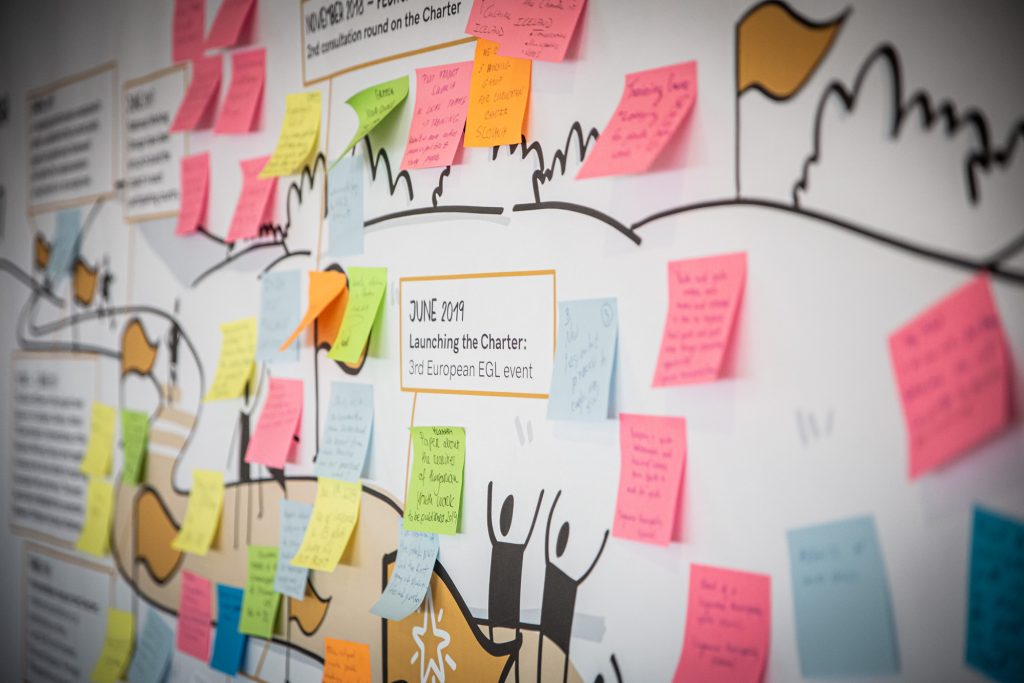
Q: What is next for EGL in 2020 and beyond?
JB: The plans for the 4th and 5th year of the project are built on the results of the first project phase. The EGL network continues the activities within the structure of the NWGs, organizing learning and development activities with European partners or in the national context. Our aim is to use the Charter as the backbone of all our concepts and activities. The NAs and their partners started to promote the Charter and encourage municipalities and youth organizations to use it in their work. The Charter is meant to be a quality checklist that stimulates change and systemic development in youth work. It can also be used as a tool for dialogue between stakeholders or as a lobbying instrument.
Currently, the Charter is a document but the project is developing an online Toolkit to support its use. The new Toolkit will be launched in autumn 2020 and will offer background information, reference documents, good practice examples and also an assessment tool.
2020 is the year of planning as the new European financial framework with new programmes and funding schemes begin in 2021. EGL is also in a planning phase, assessing the needs of the partners and setting up aims for the upcoming period. The EGL Stakeholders Seminar in April 2020 in Paris will be one of the most crucial moments of this co-creation process. 60 EGL network members will get together to reflect on the achievements, assets and future mission and goals of EGL. Besides this event, a series of meetings will take place during the year to think about and design the future of EGL.
The European Charter on Local Youth Work is a starting point for developing youth work. The online Toolkit will help professionals to use it efficiently in the future. Beyond this and further building on the Charter, a new feature is planned in EGL - to develop a modular training on the quality development of local youth work tailored to the municipal context. The training modules will offer a combination of theory, useful tools and methods and sharing peer experiences. The call for participants will be published in autumn and the modules will be implemented in the spring of 2021.
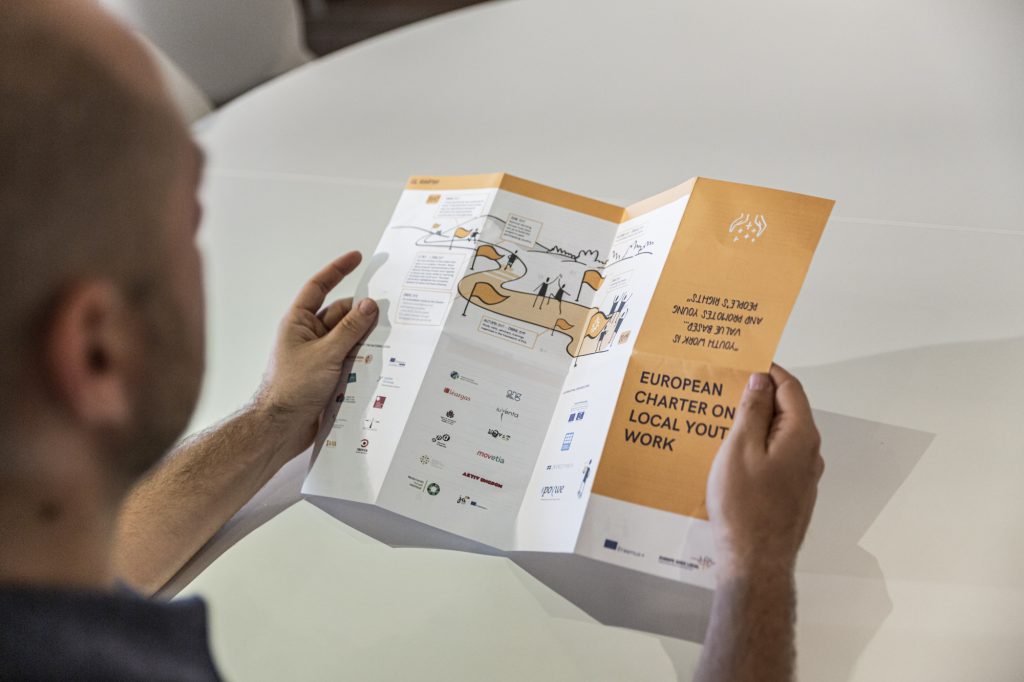
Q: How do you envision the Charter’s mission and its use?
JB: Our intention with the Charter is to provide a practical tool that translates policy recommendations to actual guidelines or even turn them into a checklist. It is a reference document for checking, assessing and developing quality in local youth work and it is equally useful for all stakeholders. Decision-makers, practitioners and young people who take part in youth work can equally benefit from using it. The Charter offers principles which can be translated to all kinds of realities where youth work happen at the local level.
The EGL NWGs with the coordination of the Erasmus+ NAs have a crucial role in promoting the Charter and supporting the actors in the field on how to use it. Various dissemination events have already taken place in the member countries since the launching conference and more activities are planned for this year.
The full potential of the Charter is reached when it becomes an essential reference document for the daily work of stakeholders and the principles we can find in it influence policies, strategies, action plans, development and learning schemes.
Q: In what way understanding and focusing on the European dimension of local youth work adds value for EGL?
JB: Europe Goes Local is a cooperation initiative under the umbrella of the Erasmus+ Programme. In line with the main aims of the Erasmus+ Programme, EGL is primarily a network for learning and European cooperation specifically focusing on municipal stakeholders. Initially, the purpose and goal of the cooperation were to enhance access of stakeholder groups to European programmes, networking and peer-learning opportunities. This fundamental aim is still valid and it will remain so in the future. EGL will aim and help to create opportunities for discovering good practices all over Europe, access European funding and show how European policies, theories and knowledge can be beneficial for local organizations and municipalities.
Q: What are some unique approaches that have helped turn EGL from a project into a collaboration platform?
JB: Europe Goes Local has used a flexible approach since its launch. Besides the European level goals and activities, each NWG has the opportunity to create its own action plan serving the needs of the partners. Each NWG can set up its aims, create its working methods and make partnerships with their peers in other countries. The common, European level activities and goals give a framework for all these approaches and actions but the multi-layered structure puts decision making into the hands of the NWGs. As most youth work happens at the local level, this attitude is essential to address the actual local needs.
